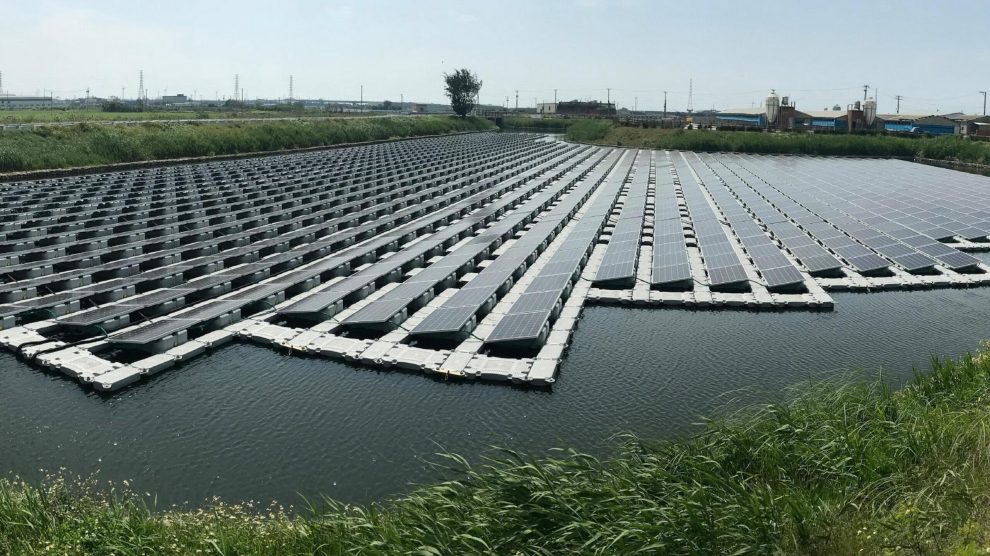Decoding the news. Rome’s decree breaks with Europe’s heavy reliance on Beijing and positions Italy as a test case for EU de-risking policies under the Clean Industrial Act and procurement reforms.
- China controls 80% of global solar module production and supplies over 70% of Italy’s imports (IEA).
- The Italian move directly links renewable energy to national security, echoing Western concerns about economic resilience and civil-military interdependence.
How it works:
- No incentives if panels are assembled in China.
- Solar cells cannot be of Chinese origin.
- At least one key component, as listed by the EU, must come from a non-Chinese source.
- Applies to plants above 6MW that don’t meet these requirements.
Italy’s domestic context. The exclusion of Chinese components from renewable incentives should be read as part of this broader strategy to reduce Beijing’s footprint in critical sectors.
- Around 700 Italian companies have some form of Chinese ownership or participation.
- According to Bloomberg, this presence has prevented Italian firms from competing in U.S. public tenders.
- The government focuses on strategic sectors — energy, transport, technology, and finance — and has reinforced golden power rules to protect sensitive assets.
Zoom out: state of the play
Two recent studies — from Carnegie and Bruegel — warn that reducing China’s dependence is complex but urgent, requiring industrial support to avoid slowing the green transition.
Between NATO and energy security
NATO’s 2022 Strategic Concept highlights the link between economic security and defence.
- Risks include data collection through Chinese-connected servers and the potential for energy blackouts if geopolitical rivals disabled panels.
- Italy’s step connects industrial policy, energy security and geopolitical resilience.
The expert’s take. In an interview with our sister website Formiche.net, Professor Carlo Pelanda, economist and expert on Asian affairs, described Rome’s decision as “a geopolitical and geoeconomic move, certainly courageous and with a clear rationale,” stressing that it signals a break with Europe’s dependency on Beijing.
- Prof. Pelanda also noted that the Italian choice cannot be seen purely in industrial terms: it reflects the country’s strong bilateral ties with the United States and the need to align with a broader geopolitical balance in which Europe is progressively distancing itself from China.
What we’re watching:
- Can Europe’s solar industry scale up fast enough to replace the Chinese supply?
- Will Brussels adopt Italy’s criteria as an EU-wide standard?
- The outcome will test whether Europe can balance strategic autonomy with the urgency of climate targets.





